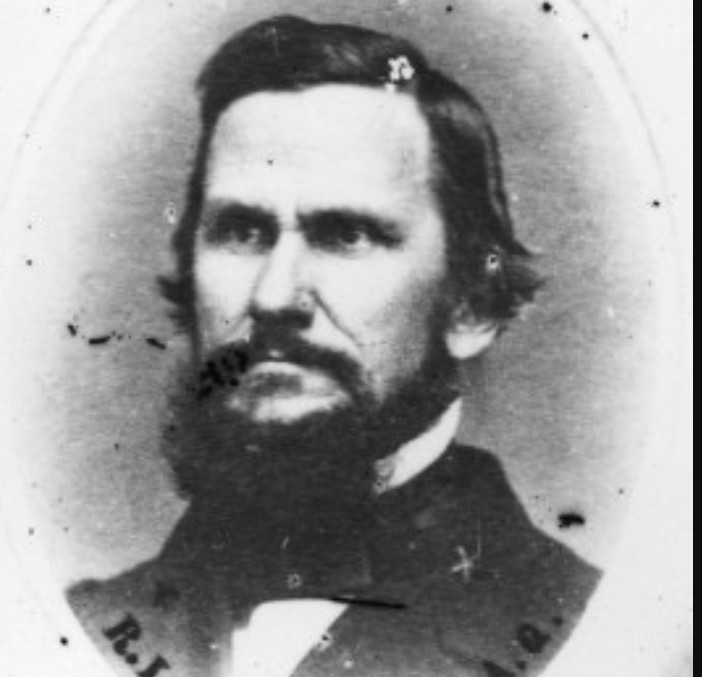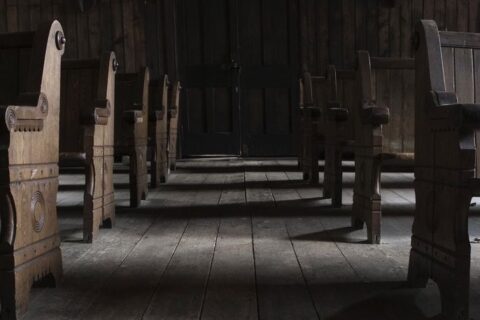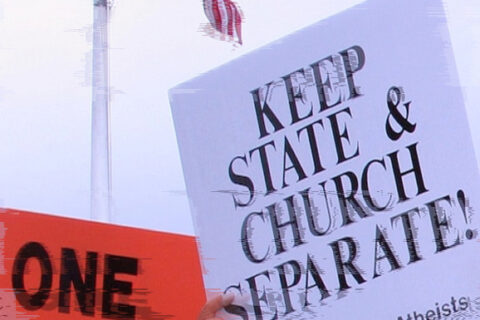The ever-relentless urging by our beloved editors at Identity Dixie encourages the writers to provide an assortment of articles, helping the writers and readers to rethink their ideas about Southern Nationalism and the broader traditional revivalist movements. Hopefully, it motivates all of us to stay engaged, and not to become blackpilled, as it is easy to do.
Traitors and treachery can get those engaged in political dissent disillusioned the quickest. Someone who appears to look, act, and think just like you, but eventually disappears or worse, betrays. Did you really think that would not occur? Our task is not an easy one, presently, so to think there would not be false brothers among us, weeds planted among the righteous, would be naive.
Even our Lord had two traitors within his close circle of twelve. Now, most of you thought immediately of Judas Iscariot, who sold his soul for 30 pieces of silver. But how many of you thought of Peter, the Rock, for he denied his closest friend three times in a moment of testing? What we are doing can put great stresses on a man and his family, Yet, just like Peter, ultimately, there can be restoration and forgiveness for his treachery.
In Matthew 13:24-30, Jesus gives us the Parable of the Weeds, in which, tares are sown in among the wheat at the early stages of planting. Jesus acknowledges that this is done by the enemy, but He instructs His disciples not to try and pull up the weeds, less they pull up the wheat also. Eventually, the harvest comes, and that which is false is harvested first, thrown into the fire, and leaving the beauty of the wheat harvest.
I wrote this poem some time ago, as an adaptation of this parable. It fits perfectly within the context of our movement, and the delight we will have over our enemies.
“Dancing With Weeds”
Once upon a winter’s day,
Ground all cold and wet.
The Planter, he did planted seeds,
He never would regret.
Planted he, knowing weeds,
When winter did relent,
Would bloom within planted soil,
Where flowers, he did meant.
When they did, bloom the both,
The beauty did not quit.
For flowers dance above the weeds,
Because they’re heaven sent.
Those flowers danced, danced the more,
So all could smell their scent.
The weeds looked up at brighter blooms,
That the Planter always meant.
Deo Vindice!
God save the South!

Service to God and honor to the South.






Excellent and timely piece since my pastor is doing a series of messages through the book of Jude right now. Your piece also puts me in mind of an excellent message by Pastor John Weaver called ‘The Rapture of the Wicked.’
https://www.youtube.com/watch?v=CsezhfW7sI0
I read both the poem, and its intro, with pleasure, sir. We should ever remind ourselves that ‘men are often wrong for all the right reasons,’ and, by contrast that, ‘men are as often right for all the wrong reasons.’ I’m pretty sure – nay, I’m VERY sure – I once read that paraphrase in studying the wisdom of our founding forbears. This is a rule of conduct and of discernment I’ve striven to live by for upwards of twenty years. I freely admit, however, that men of ill-will towards me and mine simply do not strike me, at first glance or beyond, as amongst those who are wrong ‘for all the right reasons.’ Quite the contrary, in point of fact.